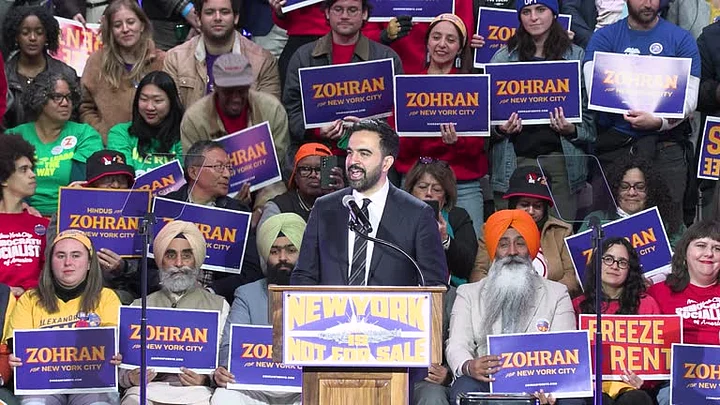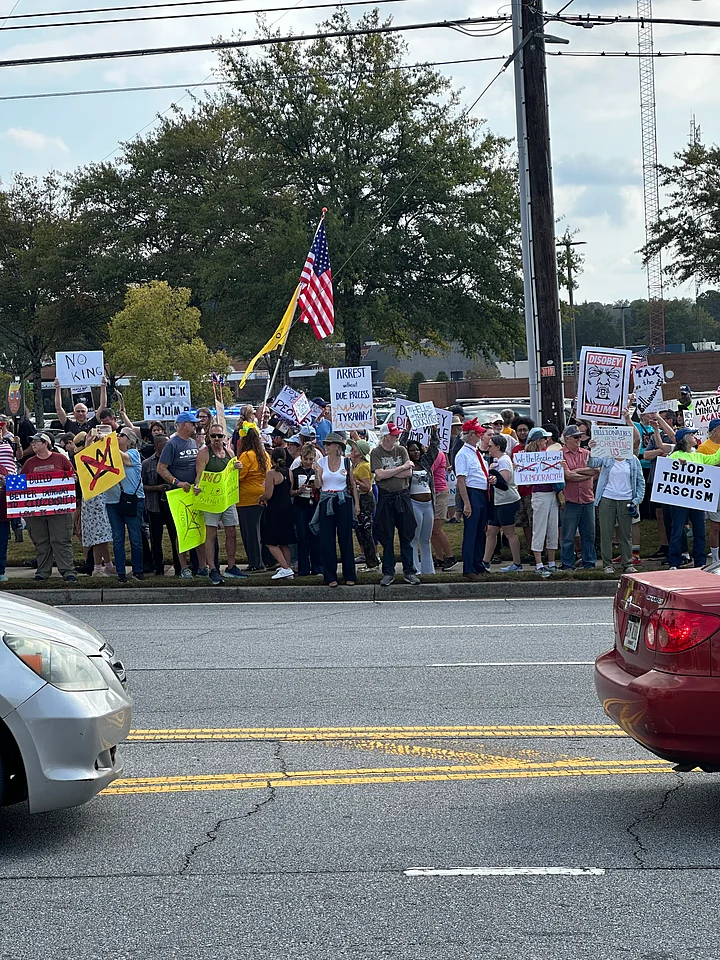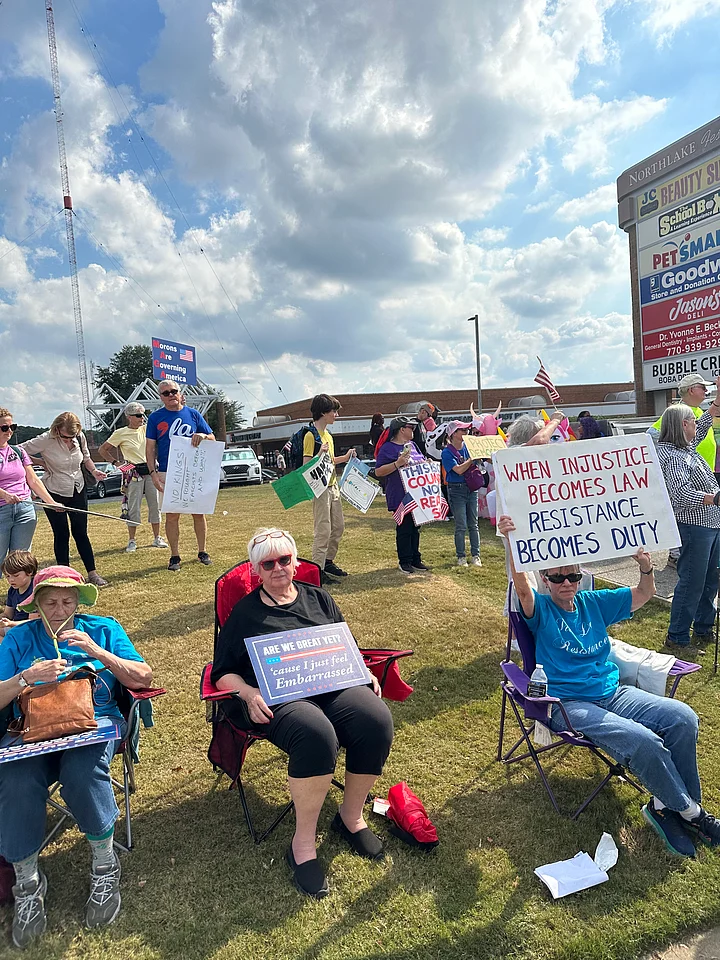When Zohran Kwame Mamdani and Rama Duwaji tied the knot at New York City Hall earlier this year, their civil ceremony was no “monsoon wedding,” to borrow the title of a hit film directed by Mira Nair, Mamdani’s mother. But the New York mayoral race did feel like a torrential monsoon, even a typhoon. We’ve been drenched in media coverage. And now, improbably, Mamdani is expected to become the mayor of the most populous and wealthiest city in the US.
Much has been said about Mamdani, but what makes him so appealing to South Asian Americans? First, speaking broadly, Mamdani is a charismatic communicator, not unlike Obama, and he has drawn attention for his approachability, telegenic looks, and a well-oiled grassroots campaign powered by social media and droves of committed young volunteers. As for his economic policies, which sparked debate, they appeal more to his ardent supporters.
From a strictly desi perspective, the most striking aspect about him is how he embraced his identity despite racism, Islamophobia, and xenophobia. Like other minorities, he also faced a barrage of lies. But Mamdani didn’t waver, especially from embracing his religious identity. It showed his courage, and more crucially, his authenticity. He was the real deal.
Embodiment of Multicutural Assimilation
Younger voters, particularly, responded to that honesty. Immigrants could relate to him, even if he speaks with an American accent and is, like native-born citizens, totally at ease in American society. Mamdani is not, to put it a little crudely, a “coconut” (brown outside, white inside). In fact, he is the embodiment of assimilation in a multiracial, multireligious society—surely an asset in a city where 60 percent of residents are immigrants or children of immigrants.
Of course, this isn’t the only takeaway. But it’s an important one, certainly for Democrats who happen to be South Asian and non-Christian. We live in the age of identity. Even if you choose to focus on pocketbook issues that matter to voters, your opponent will draw attention to identity—meaning, your identity—in a negative way. So, rather than avoid the issue, why not embrace it, as Mamdani has done? Arguably, he turned it into an advantage.
Meanwhile, his opponents—former New York governor Andrew Cuomo, current New York mayor Eric Adams (who endorsed Cuomo after dropping out), and Republican activist Curtis Sliwa—haven’t been shy about “othering” him. In a low moment, Cuomo (tainted by a sex scandal, just as Adams was hobbled by a corruption scandal) appeared on a conservative radio show hosted by Sid Rosenberg. It was a misguided attempt to attract right-wing voters. “God forbid another 9/11,” Cuomo remarked. “Can you imagine Mamdani in the seat?”
“Yeah, I could,” Rosenberg retorted. “He’d be cheering.”
Cuomo, who chuckled, said, “That’s another problem.”
In his emotional response, Mamdani condemned the bigotry and racism, pointing out that about a million Muslims live in the five boroughs of the city. That’s close to 10 percent of the population. Speaking for many people, he added, “No longer will I live in the shadows.”
We Live in a Post-Gaza Phase Now, Not Post-9/11
Although Mamdani’s opponents had resorted to a familiar playbook, their tone-deaf attacks also showed that they saw New York primarily in post-9/11 terms (when the future MAGA acolyte Rudy Giuliani was the mayor). But the city has changed a lot in the last quarter-century.
It’s true that 9/11 remains a traumatic, defining moment in the city’s history. While that won’t be forgotten, the dominant story now centres on a different crisis—a humanitarian crisis that has strengthened support for Palestinians like never before. The world we’re living in is post-Gaza, not post-9/11. That means Islamophobia, apart from being offensive and reprehensible, could turn out to be a losing election strategy in places like New York.
In high-profile races, mainstream politicians have no problem being vocal about their Christian identity. Barack Obama embraced Christianity explicitly, both as a candidate and as the president. Even figures such as Kamala Harris, Nikki Haley, and Bobby Jindal haven’t been shy about proclaiming their Christian faith, which they saw as an advantage. Now Mamdani (though he is not the only one) has shown how non-Christian candidates can step out of the shadows.
Mamdani's 'Affordability' Plank Has Put Him Right in Front
Identity wasn’t the only issue that put Mamdani in the spotlight. Nothing was more important than New York’s affordability crisis. However, while his laser-like focus on it propelled him to the front, the “democratic socialist” label made him a lightning rod. His economic agenda—free buses, rent freeze on rent-stabilised apartments, and universal childcare—alarmed his critics, who called it fiscally irresponsible.
Others have been sceptical, noting that he wouldn’t be able to raise taxes on corporations and the most affluent residents, as Mamdani has said he would, without support from New York state lawmakers and Governor Kathy Hochul.
Mamdani stood firm, but he said he’d work with allies to find common ground. Defenders note that he favours “sewer socialism,” which is more about constructive projects like fixing the infrastructure. His key to success will depend on collaboration and compromise. Mamdani’s political inexperience and age (still 34) have raised questions about his readiness, though he can overcome that with a crack team. Being older and more experienced, it’s worth remembering, can be a double-edged sword, because your failures will be as obvious as successes.
Mamdani distanced himself from some past missteps, such as his embrace of divisive slogans like “Defund the Police,” and he won praise for his ability to reach out to people who disagree with him. He pointed out his opponents’ shortcomings without “othering” them. His promise to retain the well-respected police commissioner appointed by Eric Adams is a good sign. It’s a big plus to value competence over mediocrity, not to mention expertise over loyalty.
Trump had no political experience either when he first ran, and Obama was unknown when he first ran. And they were aiming for the presidency, unlike Mamdani. Still, becoming the mayor of New York will seem like a cakewalk when compared to being its mayor. His party and the country will be watching closely as he takes on the city’s formidable challenges.
What helped Mamdani, above all, was his ability to tap into the populist anger over New York’s stark inequality. Conservatives who call him a socialist overlook that, even though Trump tapped into widespread populist rage as well. But Trump is a reactionary, and in his second term, he has made it clear that he only cares about those who support him and the rich elite. Mamdani is a progressive. Some say he is a progressive capitalist who will moderate his positions, just as Obama did. We’ll see. Mamdani did stress that he’d be the mayor for all New Yorkers.
Missteps of Democrats
Then there’s the Left-Centre divide. Centrist Democrats have floundered badly. By botching the 2024 presidential race, by not standing up to Trump 2.0 more forcefully (until now), and by cozying up to corporate America, which has also been cowed by Trump, they dismayed progressives. And by appearing to cling to power, they alienated young voters and people of colour, who, according to recent polls, have expressed the most negative views of Trump.
The second “No Kings” rally drew about 7 million protesters, making it the biggest single-day rally in US history. “They Blame Immigrants... So You Won’t Blame Billionaires,” read a sign, and that was just one in a sea of memorable signs displayed by feisty yet peaceful protesters.
Predictably, Trump 2.0 called it a “Hate America” rally—but nobody outside the MAGA bubble believed that. The truth is, as authoritarianism grows, so does anger within the country, where the Trump regime is increasingly seen as incompetent, corrupt, and malevolent.
Nevertheless, for Democrats, trying to woo disaffected Republicans may be a fool’s errand. The GOP will continue to paint the Democratic Party as too “woke” and liberal. The nation is too polarised. A better strategy, as Mamdani has shown, is to energise the Democratic base and show that you’ll stand up to bullies and fight the good fight. High turnout will depend on enthusiasm—and as Mamdani has demonstrated, charisma and passion matter, not just policies.
Voters look for results, but first you need their vote. As Mamdani told Eric Lach of The New Yorker, “I think for far too long we’ve tried not to lose, as opposed to figuring out how to win.”
(Murali Kamma is a managing editor and writer based in Atlanta, Georgia. This is an opinion piece and the views expressed above are the author's. The Quint neither endorses nor is responsible for the same.)


